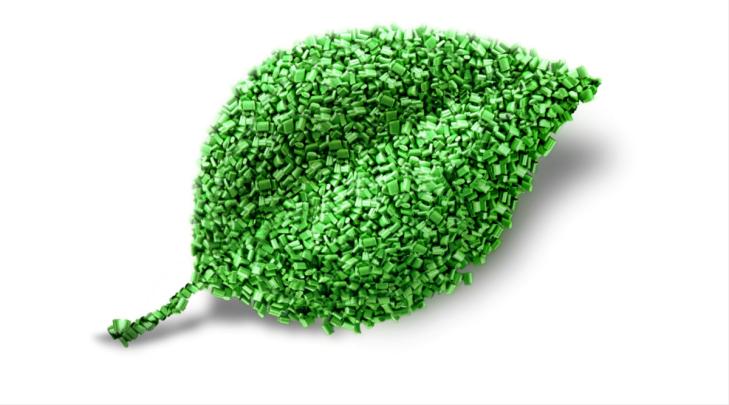
Low-density polyethylene (LDPE) has excellent mechanical strength and a low cost. It is the most widely used plastic for mulch films. However, post-use disposal remains a disadvantage of LDPE films. This has spurred the development of biodegradable alternatives, as they can be incorporated directly into the soil at the end of their life, where microflora convert them into carbon dioxide, water and biomass.
The most common biopolymers researched for that application are polylactic acid (PLA), starch, cellulose and polyhydroxyalkanoates (PHA). The main drawback of these materials are their poor mechanical properties – especially their brittleness – and their relatively high costs. However, mechanical properties can be improved and costs reduced by blending PHAs with other polymers like PLA, or by adding plasticisers.
Jungbunzlauer, a leading producer of biodegradable ingredients of natural origin, has researched how CITROFOL® BII performs as a plasticiser for PHA/PLA blends in mulch films. The efficiency of this bio-based citrate ester was evaluated in terms of thermal, mechanical, processing, migration and disintegration properties. CITROFOL® BII improved the processing properties by reducing the glass transition temperature, the melting point and the complex viscosity. Moreover, it also significantly improved the ductility. Broad compatibility of CITROFOL® BII across a variety of biopolymers was demonstrated.
It was also found that CITROFOL® BII improved the film blowing process. For the unplasticised blend system, the production of the film was very difficult and resulted in an inhomogeneous film thickness. The addition of 10 wt.% CITROFOL® BII significantly improved processing, resulting in a film with a homogeneous thickness. A stable process and a longer film were also obtained.
“A promising finding of the present study is the accelerated disintegration of the films by the addition of CITROFOL®BII”, said Dr. Katja von Nessen, who led the research, performed in collaboration with the IKT Stuttgart, Germany. “We assume that this is due to the increased polymer chain mobility caused by the plasticiser.”
Under composting conditions following ISO 20200:2015, PHBV/PLA films without plasticiser started to fragment after 20 days, whereas plasticised films already started to disintegrate after 10 days. Moreover, while complete disintegration took 30–48 days for unplasticised samples, this was reduced to 25–30 days for the samples with CITROFOL® BII. A short disintegration time is especially beneficial for crops with a relatively short cultivation time.
Jungbunzlauer will present the results of their study on the 3rd PHA World Congress Oct 10th in Atlanta, GA.
More information can also be found here.

Source
Bioplastics MAGAZINE, 2023-09-14.
Supplier
Institut für Kunststofftechnik IKT (Universität Stuttgart)
Jungbunzlauer
Share
Renewable Carbon News – Daily Newsletter
Subscribe to our daily email newsletter – the world's leading newsletter on renewable materials and chemicals









